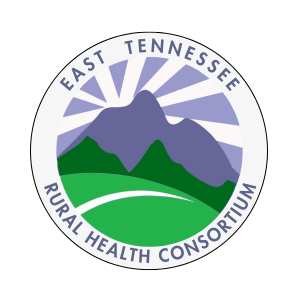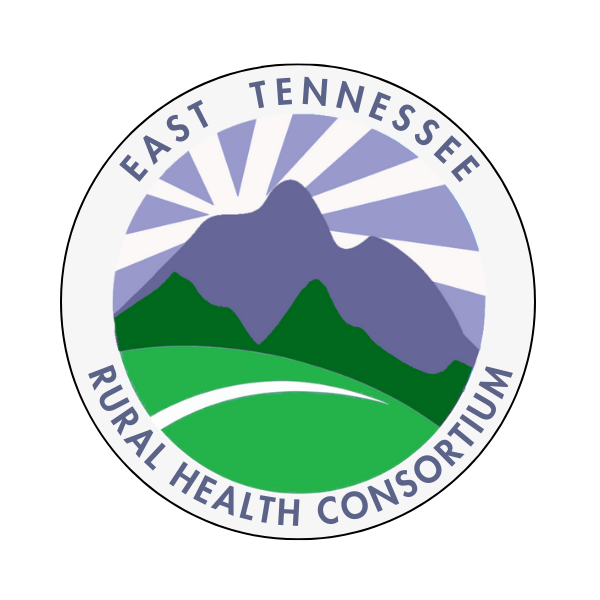What is your role on the RCORP project?
I serve as the co-facilitator for the Analysis working group and also for the Strategic Planning working group. In these roles, I also serve on the Executive Committee for the RCORP-ETC.
What will your working group contribute to the overall mission of the grant team?
The Analysis working group will deliver a comprehensive assessment of opioid use disorder and associated factors in the ten-county region. The report will include findings from existing data and published research, a community survey and information on the local public health system. Collectively, these findings will inform the development of the consortium’s strategic plan and later activities. A full draft of the report will be available in March.
The Strategic Planning working group will review the efforts of the Analysis group to identify 10-15 areas of concern that could be addressed in the following five years. These 10-15 priorities will then be presented to the full consortium in April to determine the top three priorities. These will serve as the foundation for the strategic plan. Objectives, goals and relevant activities by which to achieve these will then be drafted. The strategic plan will be finalized in August. This will guide efforts for future interventions and fundraising.
What was your motivation to join this grant team?
My research emphasizes the importance of community engagement in planning, conducting and interpreting research. I also initiated my research in substance misuse and abuse over 20 years ago, and in 2014, I initiated my work in opioid use disorder. With this, I viewed this grant team as a great opportunity to collaborate interdisciplinarily and utilize my skills and interest. Addressing opioid use disorder requires all community members to invest their perspectives and skills. I wish to be a part of this goal.
Do you have any connections to the East Tennessee region?
I collaborated in the past with public health colleagues in East Tennessee. The region, given their history of OUD and commitment to promoting health, have led many in the region to be recognized experts in the area. I wish to learn from them and better understand how I can support their health promotion efforts.
What have you enjoyed most about working on the team?
The collaborations – with community members, graduate students and my UTK team. The collaboration, on all levels, has been very stimulating, supportive and productive. Together we are bringing so much expertise to bear. The process has generated optimism and hope, which is critical in continuing the charge to eradicate opioid use disorder.
What are your favorite hobbies or activities when you’re not working on the grant?
My fun ranges from loud and lively to serene and solitary. I enjoy dining out, live music and stitching (cross-stitch, needlepoint, embroidery).
What is your UT faculty or administrative position?
I am an associate professor in Public Health in the College of Education, Health and Human Sciences.

